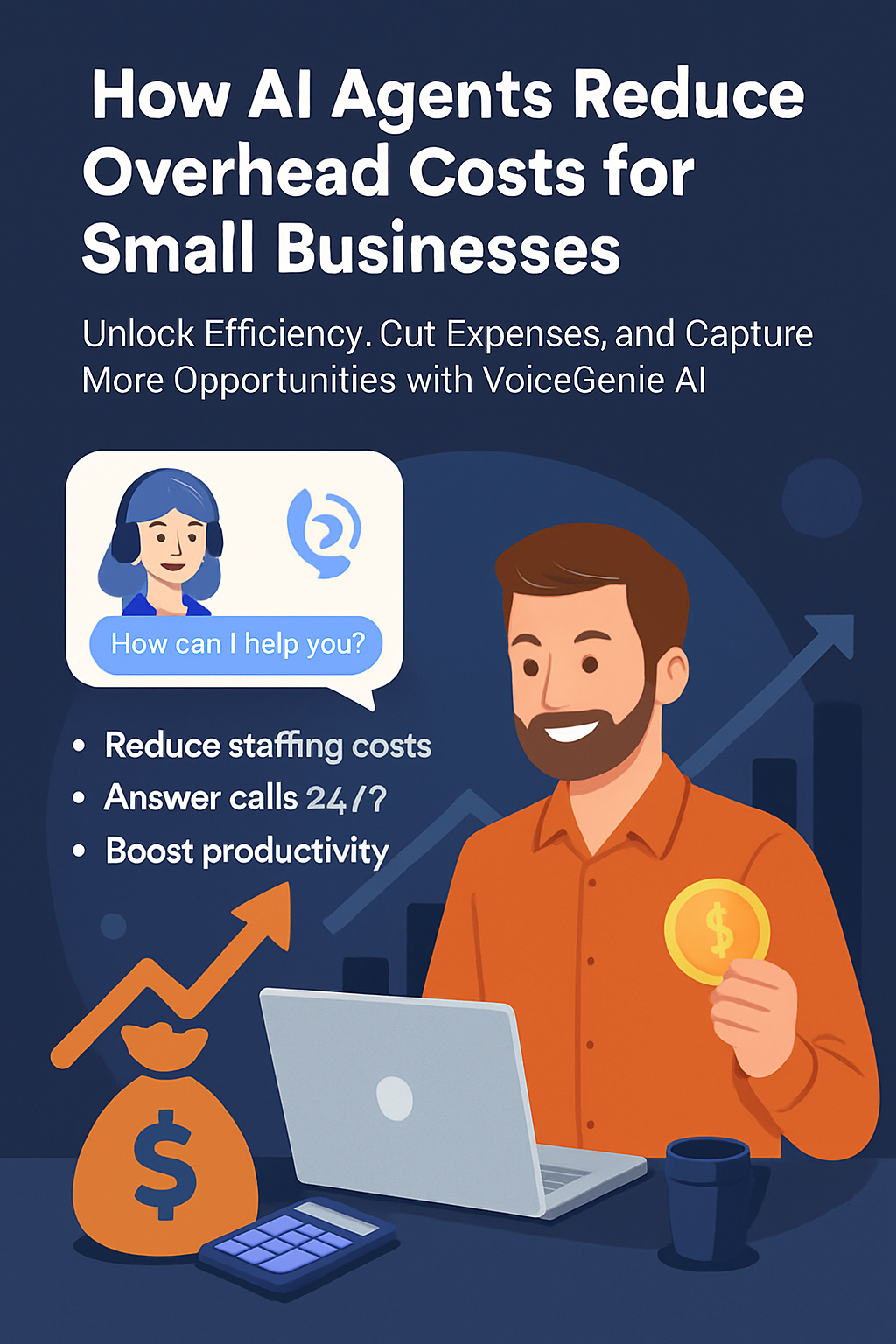The Impact of 5G on Business Connectivity and Communication
The introduction of 5G technology is poised to be a game-changer for businesses across the globe. Offering faster speeds, lower latency, and the ability to support a massive number of connected devices, 5G is set to redefine business connectivity and communication. As this new network technology becomes more widespread, its impact on various aspects of business operations will be transformative, paving the way for more efficient processes, improved collaboration, and innovative solutions in fields like supply chain management and logistics.
Increased Speed and Efficiency in Business Operations
One of the most significant advantages of 5G technology is the dramatic increase in speed and efficiency it provides. With data transfer rates up to 100 times faster than 4G, 5G enables real-time data processing and seamless communication across devices and platforms. This increase in speed can enhance everything from cloud computing and data sharing to video conferencing and IoT (Internet of Things) applications.
For example, companies can now handle large amounts of data in real-time, making it easier to analyze trends, optimize business processes, and respond to changes quickly. This is particularly beneficial in industries such as finance, where rapid decision-making is crucial, or in retail, where instantaneous updates on inventory levels can significantly improve supply chain management.
Enhanced Remote Work Capabilities and Virtual Collaboration
The recent shift toward remote work has made business communication and connectivity more critical than ever before. With its high speed and low latency, 5G supports enhanced remote work capabilities, enabling employees to access high-quality video conferencing, cloud-based applications, and large data files from anywhere.
This new connectivity standard also makes virtual collaboration more immersive and interactive. Teams can engage in virtual reality (VR) meetings, work on projects simultaneously through augmented reality (AR) platforms, and even conduct training sessions using advanced simulation technologies. As a result, 5G is likely to further blur the lines between in-office and remote work, fostering a more flexible and productive workforce.
5G-Driven Innovations in Supply Chain and Logistics
Beyond just improving communication, 5G is driving innovations in supply chain and logistics management. The enhanced connectivity allows for better tracking and monitoring of goods in real-time, leading to greater transparency and efficiency throughout the supply chain. With 5G-enabled IoT sensors, companies can receive instant updates on the location, condition, and status of their shipments, which helps to reduce delays, minimize losses, and ensure timely deliveries.
Moreover, 5G technology is expected to enable the deployment of autonomous vehicles and drones for transporting goods, further streamlining logistics operations. By leveraging 5G’s high-speed data transmission capabilities, these vehicles can communicate with each other and central systems more effectively, allowing for safer and more efficient navigation.
The rollout of 5G is set to revolutionize business connectivity and communication. Its ability to deliver faster speeds and lower latency will enhance operational efficiency, facilitate more effective remote work, and drive innovation in supply chain and logistics management. As businesses adapt to the possibilities that 5G offers, we can expect to see new applications and technologies that will redefine the way we work, collaborate, and deliver services, paving the way for a more connected and technologically advanced business landscape.
FAQs
1. What is the primary advantage of 5G technology for businesses?
The primary advantage is the increased speed and efficiency in communication, enabling real-time data processing, seamless cloud integration, and enhanced IoT applications.
2. How does 5G improve remote work and virtual collaboration?
With higher speeds and lower latency, 5G supports high-quality video calls, immersive VR/AR experiences, and better access to cloud-based tools, making remote work more efficient.
3. What impact does 5G have on supply chain management?
5G allows for real-time tracking and monitoring, enabling more transparent, efficient, and responsive supply chain operations through IoT-based solutions.
4. Will 5G support autonomous vehicles in logistics?
Yes, 5G's high-speed connectivity and low latency are essential for the effective communication needed by autonomous vehicles and drones to navigate and operate safely.
5. How will 5G affect future business innovations?
5G will act as a catalyst for emerging technologies like AI, machine learning, and IoT, fostering new business models, services, and innovations that weren’t previously possible with older networks.










